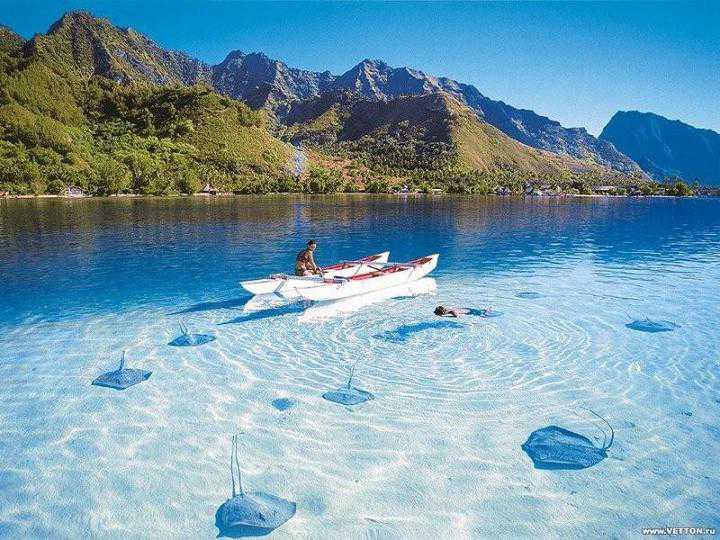The Republic of Turkey was the heir of the multinational, multi-faith and multi-linguistic Ottoman Empire. Its founding fathers sought to create a homogenous nation-state similar to the attempts of the ethnic groups that had previously seceded from the empire. Almost a century later, despite the ongoing controversy surrounding the matter, we can safely say that this goal was to a large extent achieved.
However, some groups, primarily the Kurds, were able to resist the nation-state project. Ultimately, Turkey has reached a new stage of its century-old nation-state project.
There were many reasons why the completion of the nation-state project through the inclusion of the Kurds has not been entirely possible: The first reason was the size and density of the Kurdish population. Secondly, Islamic practices played an important role in sustaining the Kurdish ethnic identity and language. Thirdly, the Kurdish identity was also enhanced and protected by democracy, social mobilization and the market economy. Fourthly, the fact that most Kurds lived outside Turkey also mattered. Another reason linked to this is the military advantages bestowed upon the Kurds by regional conflicts. In addition, globalization, the promotion of human rights, and enhanced communication technologies have all generally contributed to the development of micro-nationalisms.
Finally, the efforts of the outlawed Kurdistan Workers’ Party (PKK) to build an identity and a political status through the use of violence have also hampered the full realization of the Turkish nation state project.
Today, the Turkish government is trying to come up with a solution that will keep its own Kurds inside Turkey. As former prime minister and president Süleyman Demirel declared in the early 1990s that he recognized the Kurdish reality, Prime Minister Erdoğan has also expressed that he recognizes and respects the Kurdish identity. He has also declared the end of assimilation and “denial” policies.
Erdoğan’s statements show that he also knows how difficult this process is. Though currently at the apex of his power, he also knows that he cannot escape from his fate. The question is this: How can we satisfy the Kurds who are represented by the PKK, and who want to rise up from the position of an ethnic group to the position of a nation with political institutions inside Turkey? And how can we do this without making the Turks mad? Erdoğan hopes that Islam will be the answer.
The Turkish government took irreversible steps when it knocked on the door of the PKK’s jailed leader Abdullah Öcalan on Imralı island for negotiations. Although the government does not explicitly state this, Turkey is on the fast track to becoming a binational state. The real debate involves how this will be achieved and how the new state will look. Notwithstanding the final outcome, the Turks have already completed their nation building process, while the Kurds are on the verge of an uncertain adventure in their latecomer nation-building process.
February/21/2013
PRINTER FRI
via NİHAT ALİ ÖZCAN – Is Turkey ready to become a ‘binational’ state?.
